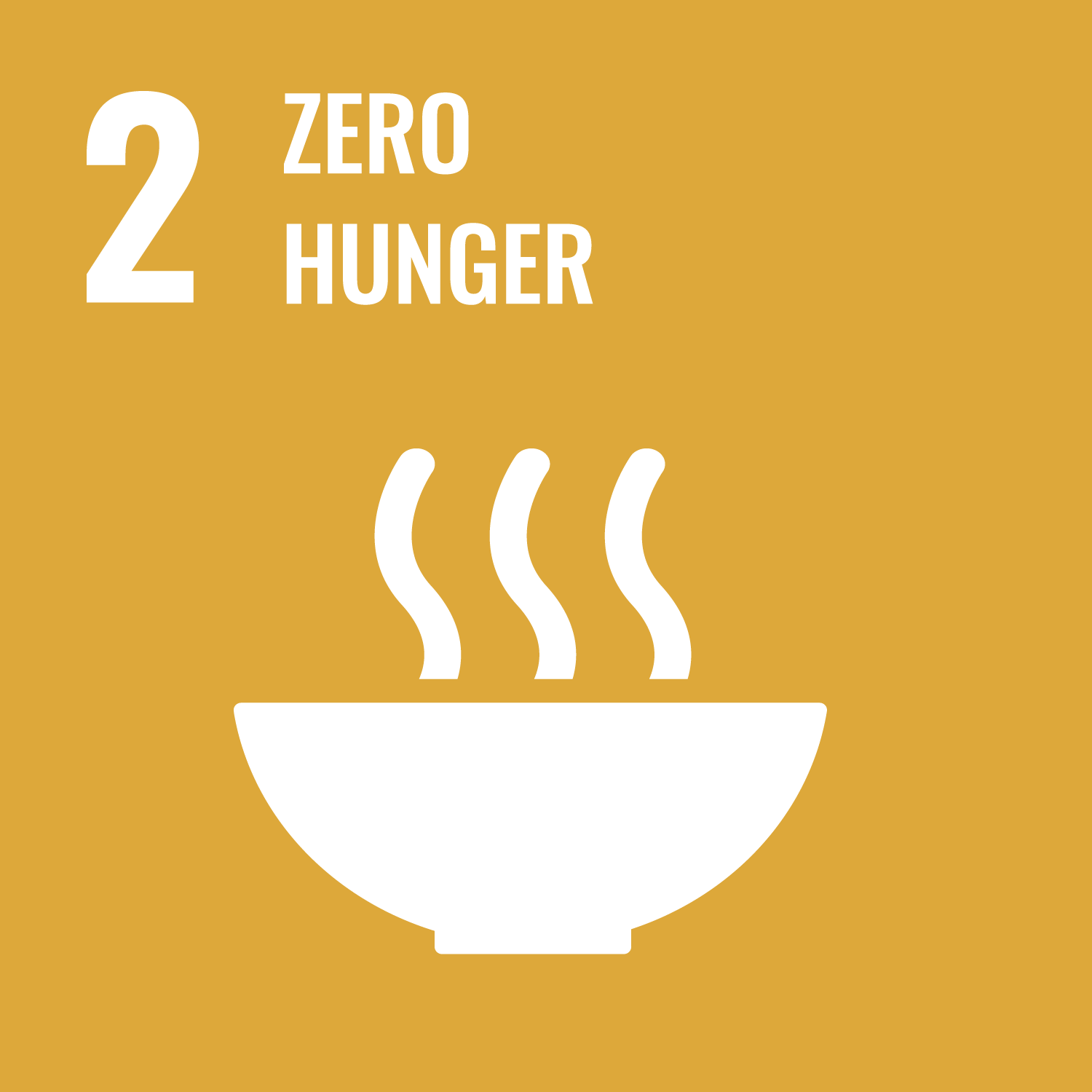Based on the basic knowledge and experimental techniques acquired up to the third grade, students conduct their own research
in accordance with each laboratory theme. In addition, students should present orally and write a paper on the results of
their own research.
Using the basic knowledge and experimental techniques learned previously, students should conduct the research on their own
themes. In addition, students should get the skills to present and write a paper on the results of their own research.
- Students got the ability to conduct the experiments in line with the research theme using the knowledge and skills learned in Thesis research 1.
- Students got the ability to present the results of the experiment using figures and tables appropriately. In addition, students got the ability to respond for professional questions.
- Students got the ability to discuss logically on the process up to conclusions based on previous research and data .
- Students got the ability to consider research results compared to the previous research
We analyze the in vivo metabolic conversion mechanism of vitamin K and vitamin D which are fat soluble vitamins. We also analyze
the role of age-related diseases such as osteoporosis and cerebral nerve degenerative diseases by using knowledge and techniques
of biochemistry and molecular biology.In addition, the student presents the results obtained through the research at domestic
and overseas academic conferences, and presents it in domestic and overseas papers.Through such research, students cultivate
the foundation and application skills as society people and researchers.
| Research and spontaneity | presetation | Objectivity and reliability | consideration | Total. | |
|---|---|---|---|---|---|
| 1. | 25% | 25% | 25% | 25% | 100% |
| 2. | 0% | ||||
| 3. | 0% | ||||
| 4. | 0% | ||||
| Total. | 25% | 25% | 25% | 25% | - |
It is necessary to review basic knowledge and experimental techniques learned by the third grade.
- Course that cultivates an ability for utilizing knowledge
- Course that cultivates a basic interpersonal skills
- Course that cultivates a basic self-management skills
- Course that cultivates a basic problem-solving skills
| Work experience | Work experience and relevance to the course content if applicatable |
|---|---|
| Applicatable | In this research, based on the experience of the lecturer's pharmaceutical company, tell what kind of things you will learn
will lead to future learning. Specifically, we read knowledge from the world's most advanced papers and develop students who can play an active part in society even if they advance to future pharmaceutical companies and food companies. |




- 2.ZERO HUNGER
- 3.GOOD HEALTH AND WELL-BEING
- 4.QUALITY EDUCATION
- 9.INDUSTRY, INNOVATION AND INFRASTRUCTURE
Last modified : Sat Mar 21 14:07:49 JST 2020
